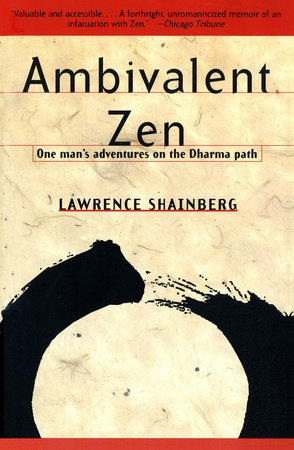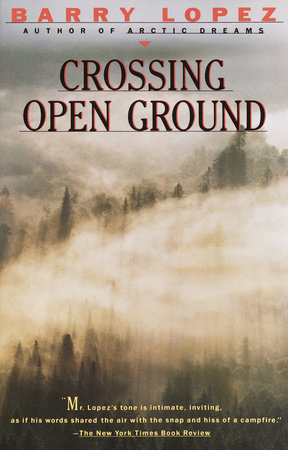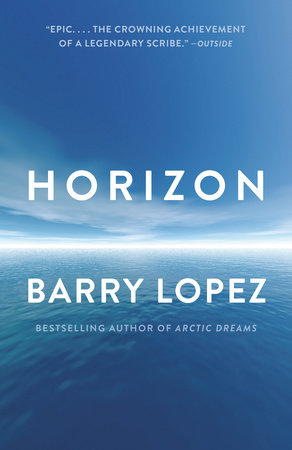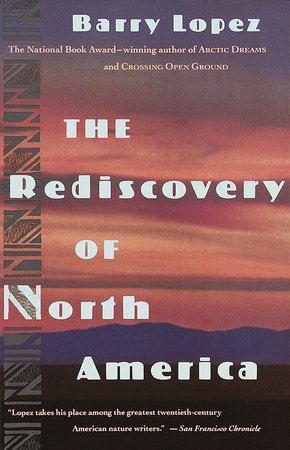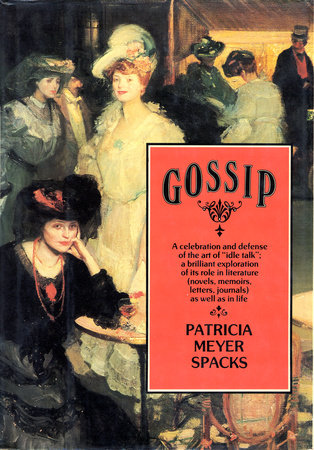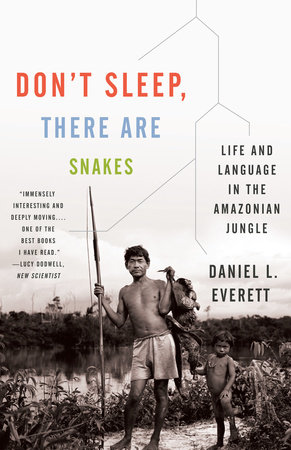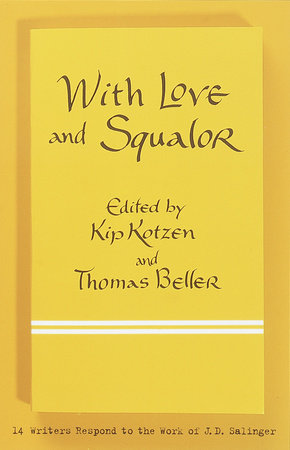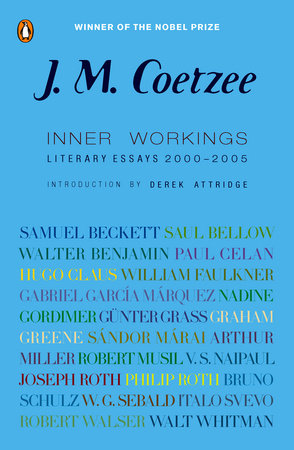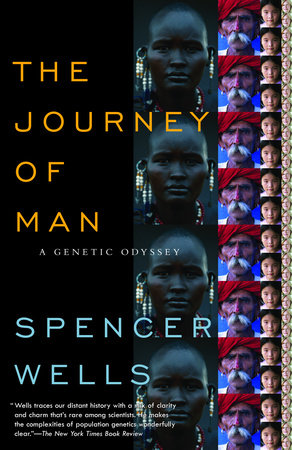A conversation with Jill Lepore, author of A Is for American
Q: Why did you write this book?
A: While researching my first book, The Name of War, I read a good deal about Sequoyah, the illiterate Cherokee silversmith who invented a writing system for his people. I was struck, at the time, by just how similar Sequoyah’s project was to the work of Noah Webster, the spelling book writer and dictionary compiler. Webster advocated "American spelling" to promote American nationalism; Sequoyah invented a syllabary to promote Cherokee nationalism. Why hadn’t historians ever considered Webster and Sequoyah together, I wondered? They were nearly exact contemporaries (they had even died the same year, 1843), and surely their work was related. But no one had considered them together, probably because intellectual
historians don’t usually think about Indians as intellectuals. I decided it was worth a try, that putting Webster and Sequoyah together on the same page would help us understand both men a whole lot better.
Q: How did you decide who else to study?
A: I began with Webster and Sequoyah, and with the question of how early Americans understood the relationship between writing and nationalism. Very quickly I decided I needed to write about the deaf, since Americans first began using a national sign language in the early part of the nineteenth century. Soon I became fascinated by the nineteenth-century fantasy of a "universal language," which led me to William Thornton and also to Alexander Melville Bell, Alexander Graham Bell’s father. Thinking about Bell and the telephone made me think harder about telegraphy, and Samuel Morse and his code. Finally, I came across Abd al-Rahman Ibrahima through Thomas Hopkins Gallaudet, who accompanied him on his northern lecture tour. What I found so wonderful, as I looked at this cast of characters, was the kind of insight that can be gained by juxtaposing such unlikely figures. What does it mean to hold up Morse next to Webster, or Gallaudet next to Abd al-Rahman? To me, these juxtapositions were a kind of historical excavation, recovering relationships that had been lost to history.
Q: How do these stories bear on what you call the "paradox of American nationalism"?
A: The United States was founded on a set of professedly universal principles: that all men are created equal, that we are endowed by our creator with certain inalienable rights. Since Americans, at the time of the nation’s founding, shared little by way of language, religion, or heritage, these principles were essentially all that tied the nation together (and, to a large degree, they’re all that ties us together today). But to found a nation on universal principles is an inherently messy proposition: the nation’s boundaries will always become blurred. All of the men in A is for American wrestle with this problem, in one way or another, using writing as a tool for building national boundaries, or tearing them down.
Q: What are the implications of an "American language"?
A: When Noah Webster coined the term, an "American language," he meant both to emphasize differences that already existed between American and British English, and to invent them. The idea is profoundly nativist, that is, it embraces all things native to this country. Webster’s politics were just as nativist as his ideas about language-he despised immigrants, and, in 1800, he wanted the country to be entirely closed to foreign immigration. Part of Webster’s legacy has been this close association between ideas about language and immigration. In recent decades, so-called "English Firsters," advocates of making English the official national language, and opponents of "Ebonics," "Spanglish," and bilingual education have generally shared Webster’s conservative politics.
Q: Some of the ideas these guys had were surprisingly silly. What were some of the more harebrained?
A: What struck me about all of the men I write about is how passionately they advocated ideas that now seem utterly fanciful: Gallaudet’s notion that all of God’s people naturally know sign language, without needing any instruction; Melville Bell’s idea that the world’s poor could be taught to read, in minutes, using his system of Visible Speech. Harebrained, even silly, to us now, these ideas were, at the very least, plausible in the nineteenth century, and I love trying to come to terms with that Plausibility Gap.
Q: Americans are universally scorned for their lack of historical knowledge. As a successful writer and historian, how would you propose making history more enticing, more relevant to contemporary lives?
A: Most historians consider themselves historians first and writers only incidentally. I think that’s a mistake. If readers don’t read the history historians write, it can’t be only the readers’ fault. The last decade has witnessed a tremendous surge in popular interest in American history, largely spurred by developments outside the academy: the rise of heritage tourism, the History Channel, and renewed interest in antiques and genealogy. Historians have got to ride this wave and try to take advantage of Americans’ powerful curiosity about the past by writing compelling essays and books. One way I’ve tried to do this is by founding Common-place (www.common-place.org), a web magazine that seeks to bridge the gap between scholarly and popular history. A bit friendlier than a scholarly journal, a bit more scholarly than a popular magazine, Common-place speaks–and listens–to scholars, museum curators, teachers, hobbyists, and just about anyone interested in American history before 1900. Common-place is a common place for all sorts of people to read about all sorts of things relating to early American life–from architecture to literature, from politics to parlor manners. And it’s a place to find insightful analysis of early American history as it is discussed not only in scholarly literature but also on the evening news; in museums, big and small; in documentary and dramatic films; and in popular culture.






